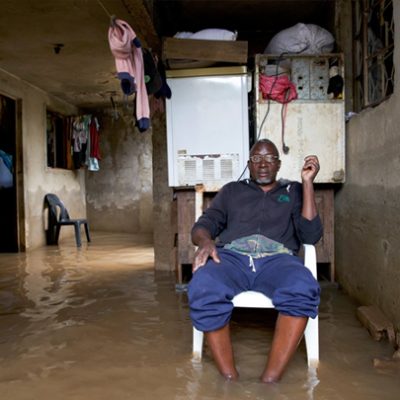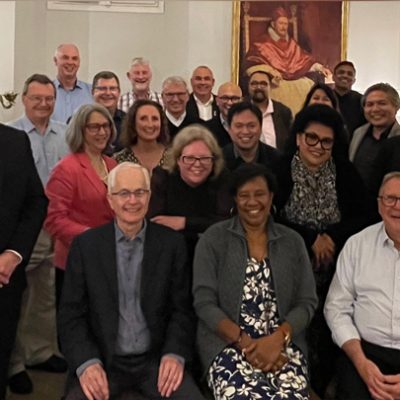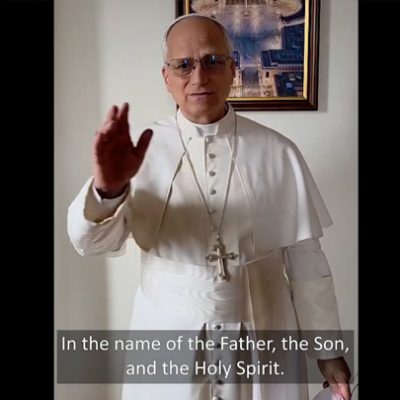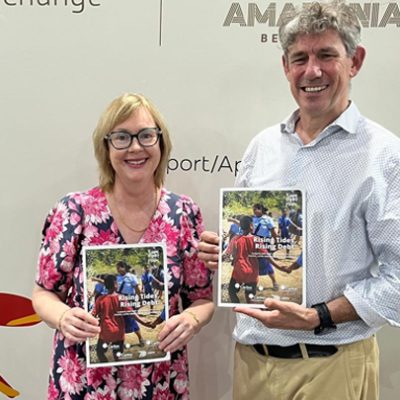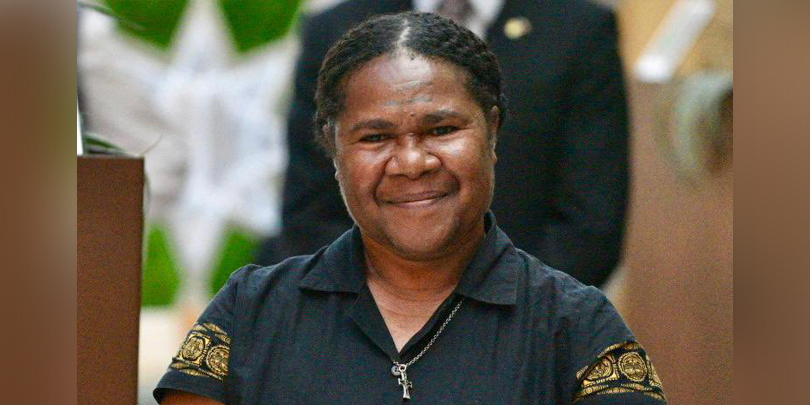
The Australian embassy to the Holy See has hosted a conference in Rome on the effect of climate change on vulnerable populations among the Pacific Island nations. Source: CNA.
The Oceania Speaks conference on June 23 was attended by the Holy See diplomatic corps, religious communities, and charitable organisations.
The event aimed to raise awareness of climate change in the Asia Pacific, which is affecting the countries of Tuvalu, Fiji, Samoa, Tonga and New Zealand.
In a video message, Archbishop Peter Loy Chong of Suva, Fiji, said: “The world has yet to really listen deeply to the voices, particularly to the ‘tagi’ [cries] of Oceania people”, who are vulnerable to the immediate and enduring impacts of climate change.
“We have to educate, empower, and allow the regional voices of peoples of the Pacific to be heard, and not to be dominated and framed by politicians and funders who dominate these climate narratives,” he said.
According to a United Nations Development Programme report, approximately 75 per cent of the population of Pacific island nations are affected by natural disasters.
The report also states that the impact of climate change in the region is “largely overlooked” and poses a serious threat, particularly to young people and future generations who face the potential loss of their homelands, cultural identity, and work opportunities resulting from rising sea levels.
The report estimates that sea levels will rise between about 25cm to 58cm by 2050.
Vatican Secretary for Relations with States, Archbishop Paul Gallagher, emphasised the “urgent need for a unified global response” to the crisis.
Mercy Sister Philomena Waira highlighted the ecological and social impacts of foreign mining and logging in Papua New Guinea.
“In the past, people had no problem with food and water. [People] were able to grow crops without fertilisers,” Sr Philomena said.
“As the years went by the governments are allowing foreign investors into our countries. After the mining is done, it has affected climate change, peoples’ fishing, and animals have also run away.”
FULL STORY
Conference in Rome highlights Pacific islands’ climate peril and calls for global action (By Kristina Millare, CNA)



